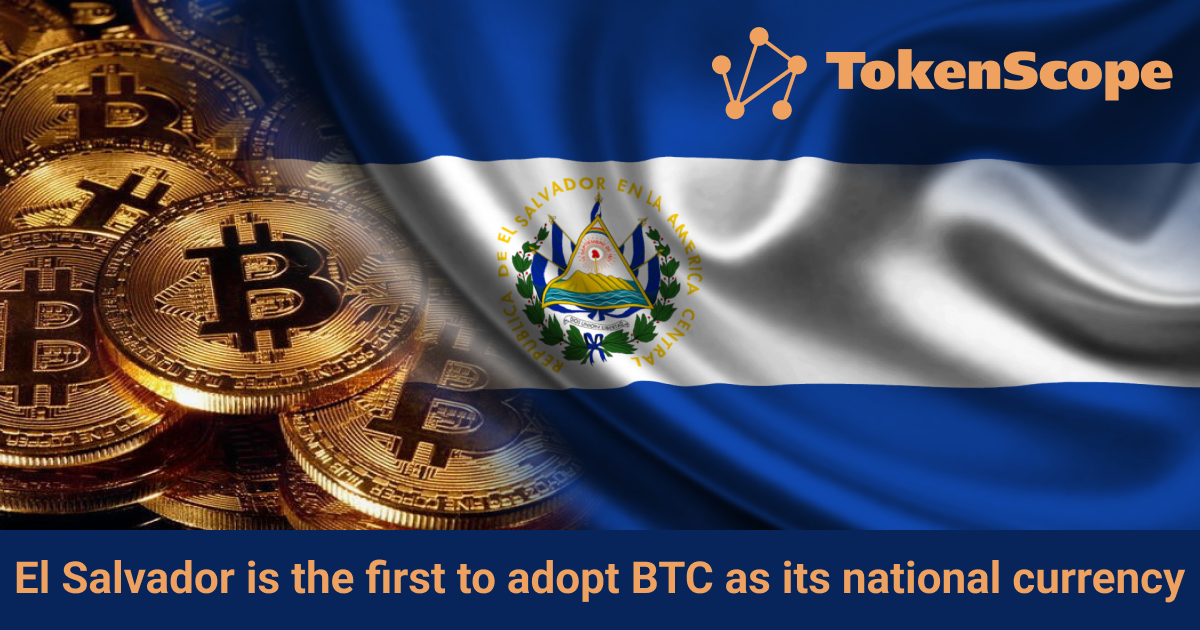Crypto regulation in the world: weekend update

International scope
The United Nations Conference on Trade and Development (UNCTAD) on July 13 released a Policy brief on the risks of cryptocurrencies adoption in the absence of regulation framework. The report states that from September 2019 to June 2021, cryptocurrency ecosystems expanded by more than 2300% and the global adoption of cryptocurrencies during the coronavirus (COVID-19) pandemic has increased exponentially. Cryptocurrencies have become especially popular in emerging markets, which may cause additional risks for national economies and macroeconomic stability. According to the report, the most significant surge in cryptocurrency adoption occurred in Ukraine, Russia, and Venezuela. In these countries digital currency ownership as share of population exceeded 10%.
The report notes that the developing economies don’t have strict regulation framework for digital assets and that may cause such significant risks as:
-
financial instability risks. If prices plunge, monetary authorities may need to step in to restore financial stability. The use of cryptocurrencies provides a new channel for illicit financial flows;
-
the use of cryptocurrencies undermines the effectiveness of capital controls, an essential instrument in developing countries with which to curb the build up of macroeconomic and financial vulnerabilities, as well as to increase policy space.
It should be noted that the UN’s body for the first time gives recommendations for digital financial assets adoption. To minimize the risks inherent in cryptocurrencies, the report proposes to ensure a comprehensive regulation for digital assets;
-
require the mandatory registration of crypto-exchanges and digital wallets and make the use of cryptocurrencies less attractive, for example by charging entry fees for crypto-exchanges and digital wallets and/or imposing financial transaction taxes on cryptocurrency trading;
-
ban regulated financial institutions from holding stablecoins and cryptocurrencies or offering related products to clients;
-
restrict or prohibit the advertisement of crypto-exchanges and digital wallets in public spaces and on social media;
-
create a public payment system to serve as a public good, such as a central bank digital currency (CBDC). In the light of the regulatory and technological complexity of central bank digital currencies and the urgent need to provide safe, reliable and affordable payment systems, authorities could also examine other possibilities, including fast retail payment systems.
The UN is cautious about digital assets, which is expressed in the presence of recommendations to ban their advertising or the provision of services. However, the practice of the largest economies in the world just demonstrates that high-quality regulation is much more effective than a complete or partial ban, as it creates favorable conditions for legal business, which stimulates the development of the industry and the growth of the national economy.
The G20 Financial Stability Board, whose main task is to identify the vulnerabilities of the global financial system, agree with this conclusion. July 11 FSB reported, which is actively working on proposals for global standards in the field of regulation and supervision of stablecoins and other crypto assets . The report is scheduled to be presented to Finance Ministers and Central Banks Governors of the G20 countries in October this year.
It is stated that:
- crypto-assets, including so-called stablecoins, are fast-evolving;
- crypto-assets and markets must be subject to effective regulation and oversight commensurate to the risks they pose, both at the domestic and international level;
- crypto-asset service providers must at all times ensure compliance with existing legal obligations in the jurisdictions in which they operate;
- the recent turmoil in crypto-asset markets (apparently referring to the collapse of Terra highlights the importance of progressing ongoing work of the FSB and the international standard-setting bodies to address the potential financial stability risks posed by crypto-assets, including so-called stablecoins;
- stablecoins should be captured by robust regulations and supervision of relevant authorities if they are to be adopted as a widely used means of payment or otherwise play an important role in the financial system;
- countries should ensure the full implementation of existing international standards, primarily the FATF standards in the field of combating money laundering and the financing of terrorism.
As we can see, following the regulation of crypto assets at the national level, the need for global standards is being discussed, which will certainly increase the attractiveness of cryptocurrencies and their further global adoption.
We continue to highlight the news of the world of crypto regulation worldwide. Please stay with us!




